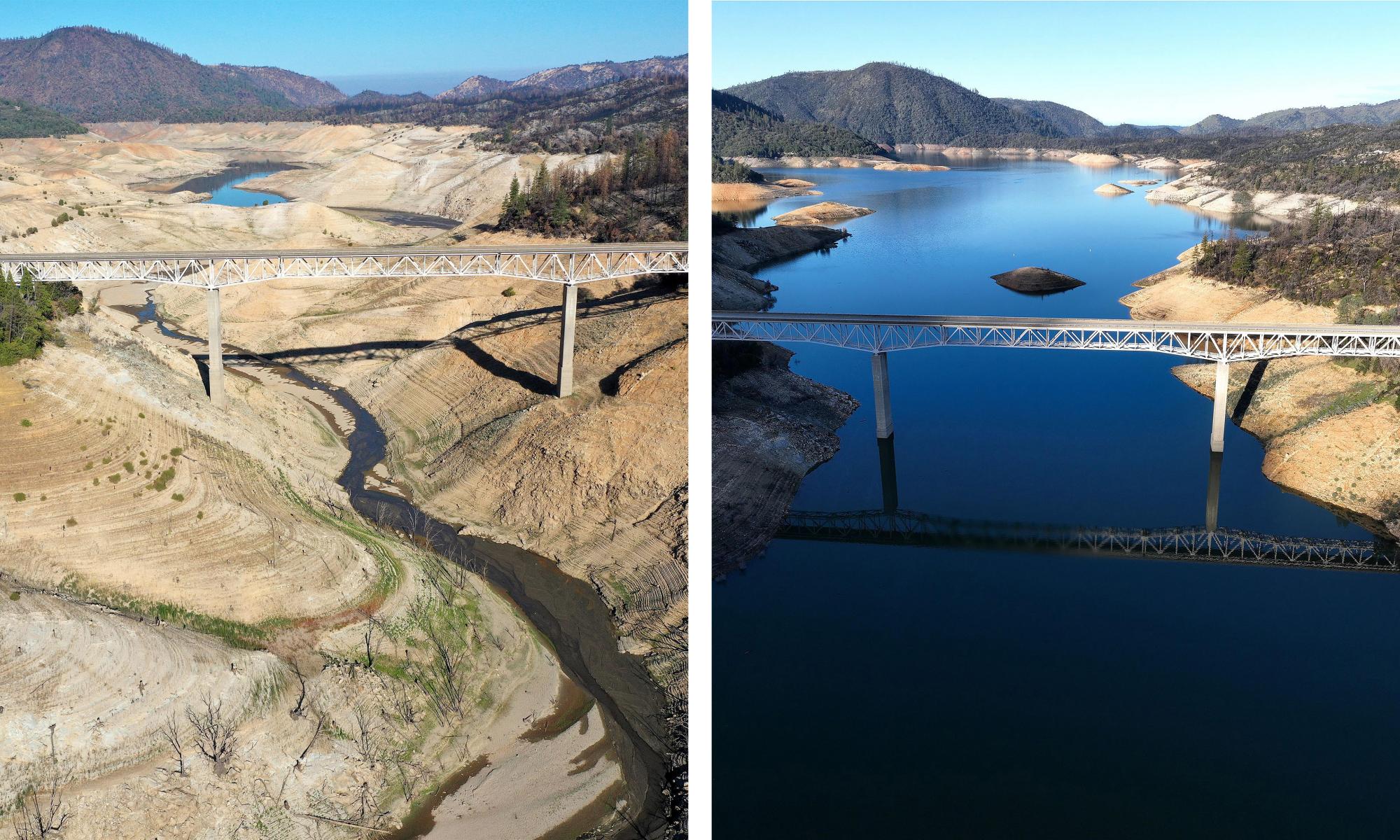Britain’s first new deep coalmine in 30 years is unnecessary and incompatible with UK climate ambitions, according to a report.
The £165m Woodhouse colliery in Cumbria was given cross party-backing in March 2019, leading to protests from climate campaigners who said the mine would harm the UK’s efforts to reduce CO2 emissions.
Now a report by the independent thinktank the Green Alliance has found the colliery, along the coast from Whitehaven, will hold back the development of low-carbon steelmaking.
The report, authored by two university professors who specialise in environmental issues, claims that opening a new coalmine would hinder this strategy by ensuring the continued availability of cheap coal.
It also refutes Cumbria county council’s claim that the mine, which aims to process 2.5m tonnes of coking coal a year for the UK and European steel industry, replacing imports from the US, Canada, Russia and Colombia, will be carbon neutral.
Prof Rebecca Willis and Mike Berners-Lee from Lancaster University, say the mine would produce 8.4m tonnes of CO2 per year, equivalent to the emissions from more than 1 million households.
The UK has set a target to reach net-zero carbon emissions by 2050, and has committed to switch to lower carbon steel production, announcing a clean steel fund in August 2019.
But the report says the proposed mine, expected to begin production in two years, subject to environmental certificates, will jeopardise these ambitions.
“The proposed mine is clearly incompatible with the UK’s climate ambitions and the need for a clean energy future. The new government has championed its commitment to climate action. It now needs to set out its policy on fossil fuel extraction, making clear that digging more coal out of the ground is no longer acceptable,” Willis said.
Recommendations made in the report include using less steel, using recycled steel, improving the efficiency of steel production with conventional blast furnaces, and producing steel with new processes such as renewable energy.
Dustin Benton, Green Alliance’s policy director, said: “Clean energy has already made coal obsolete in the power sector. Our previous work shows that UK demand for coking coal would halve if steel producers opted for cheaper, cleaner steel production using today’s technologies.
“In addition, innovation in zero carbon steel production means this mine will likely become redundant in the near future, saddling Cumbria with an expensive stranded asset.”
Councillors who backed proposals for the undersea mine said it would create vital jobs. It is expected to employ 500 people, with an estimated 2,000 more jobs created in its supply chain.
But Berners-Lee, a leading expert in carbon footprinting and the brother of internet pioneer Sir Tim, said the emphasis should be on creating green jobs.
“Cumbria’s politicians understandably want to see new jobs on the west coast. But we estimate that the profits from the mine would leave the local area, with only 3% of the turnover spent on salaries,” he said.
“We urgently need an active, low-carbon industrial strategy for Cumbria and other local areas, to generate thousands of green jobs rather than hundreds of coal jobs.”
The developer West Cumbria Mining has previously revealed that it agreed a deal for a 50MW solar farm nearby to provide about a third of the project’s energy needs, in order to mitigate some of the impact of the plant on the environment.
In June, the UK became the first large economy to pass laws to end its contribution to global warming by 2050. The goal requires Britain to reduce greenhouse gas emissions to net zero by 2050, compared with the previous target of at least 80% reduction from 1990 levels.
A spokesperson for the Department for Business, Energy and Industrial Strategy said: “We are well on the way to phasing coal out of our energy system by 2025 and last year Great Britain went nearly 4,000 hours without using coal for electricity. Ending our use of it will be a key milestone on our journey to end our contribution to climate change entirely.
“Although coal will soon no longer be part of our energy system, there will continue to be domestic demand for coal in industries such as steel, cement and even heritage railways.”
West Cumbria Mining said it did not want to comment on the report.


